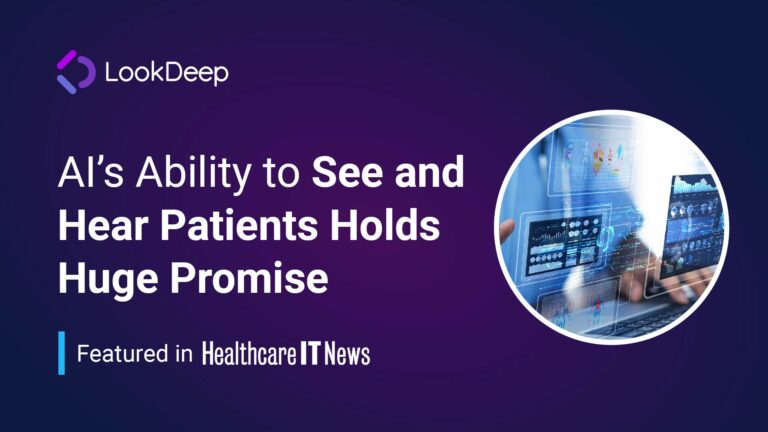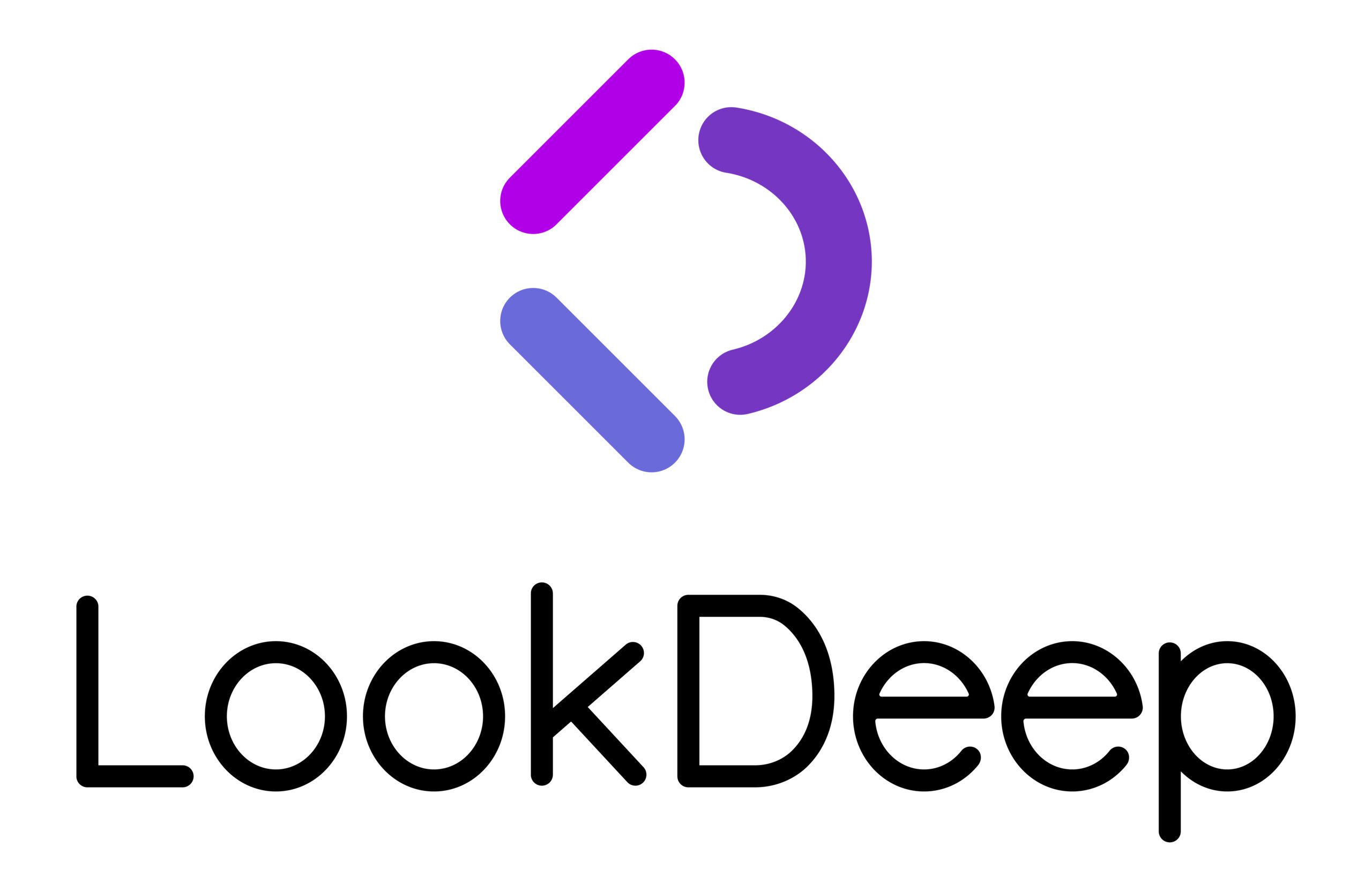CEO Narinder Singh was recently interviewed by Bill Siwicki from Healthcare IT News. A recap follows and the full piece can be found here.
AI Revolutionizing Patient Care
Artificial intelligence (AI) is revolutionizing patient care by enhancing the ability to see and hear patients in ways that were previously impossible. AI-driven tools are improving diagnostics, treatment, and overall patient outcomes. For instance, computer vision can analyze medical images with remarkable accuracy, identifying conditions such as tumors and fractures more quickly and accurately than traditional methods. This capability not only speeds up diagnosis but also reduces human error, providing a higher level of care.
Transforming Patient Monitoring with Audio Data
Additionally, AI’s ability to process and interpret audio data is transforming how clinicians monitor patients. Voice recognition technology can detect changes in a patient’s speech patterns that may indicate neurological issues or other health problems. This continuous monitoring allows for early intervention, potentially saving lives and improving recovery times.
Personalized Treatment Plans Through AI
The integration of AI in healthcare is not limited to diagnostics. It also plays a crucial role in patient management and personalized treatment plans. AI algorithms can analyze vast amounts of data from various sources, including electronic health records (EHRs), to recommend personalized treatment plans tailored to each patient’s unique needs. This individualized approach ensures that patients receive the most effective treatments based on their specific conditions and medical histories.
Enhancing Remote Patient Monitoring
Moreover, AI enhances remote patient monitoring, making it easier for healthcare providers to keep track of patients’ health outside the hospital. Wearable devices and smart home technologies equipped with AI can monitor vital signs and alert healthcare professionals to any abnormalities in real-time. This continuous care model helps manage chronic conditions more effectively and reduces hospital readmissions.
Addressing Challenges in AI Healthcare Integration
Despite the promising potential of AI in healthcare, it is essential to address challenges such as data privacy and the need for robust regulatory frameworks. Ensuring that AI systems are transparent, reliable, and secure will be crucial for their widespread adoption and success in improving patient care.


